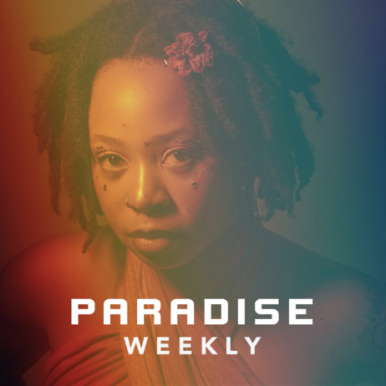By Christian Reinecke
Over the last decades hardly any industry has been going through as many dramatic changes as the music industry. We are in the middle of a constant process of liberalization – and many opportunities for musicians all around the globe arise.
The process started back at the 1990s when we witnessed the liberalization of music production. Driven by affordable home computers with highly performant CPUs, software solutions like Pro Tools, Logic and Cubase became the backbone of home studios, followed by countless plugins, huge libraries full of virtual instruments and even mastering solutions. Musicians got the chance to bring their ideas to life without having to rent expensive studios by the hour – for many songwriters and performing artists it was the first time they had the chance to unleash their creative energies.
With the 2000s came the liberalization of reach. Social Media services like YouTube, Facebook and Instagram came up and enabled the artists to directly communicate with their fans. What used to be a highly expensive and very local thing to do – just think about ad- or poster-campaigns or paying for a PR-agency – turned into something doable. This of course still based on dedicated and hard work and some budget to be spent, but the channels were there to reach out to people in almost every country and get connected with them.
In the 2010s the next evolutionary step was the liberalization of distribution. This was made possible by a combination of three things: 1. the evolution of technology that turned phones into small computers, 2. affordable bandwidth on mobile networks and 3. a dramatic change of music consumer behaviour. Companies like Spotify, Deezer, Tidal and others and big companies like Apple, Amazon and YouTube entered and took over the stage. Music DSPs were born and music distribution companies offered the service to easily make music available to hundreds of millions of listeners around the world.
Now in the 2020s we will see the next step of evolution: The liberalization of rights management. Based on dedicated services, creatives will be given the chance to closely monitor their releases and copyright registrations, optimize the corresponding meta-data and their ways of monetization and gain on transparency on income types, customer groups, DSPs, territories and all other kind of related information – and all this without giving their rights away.
Now, will this all make labels and publishing companies obsolete? Not at all! At some point in their career, many creatives will need the support of these specialized people who add value to their dream and give them the chance to concentrate on what they can do best – being creative! But the way to get there has become way more flexible because now there’s a lot more that artists can do themselves than just sending demo tapes around. They can start their career, release songs and videos, gather feedback and data from the market and build up their fanbase – in other words: define themselves and at the same time prove themselves, stand out from the crowd and become interesting for the right partners that can really boost their career.
Use your liberty! We at Paradise are there to give you the support you need. From consultancy on the marketing side and digital distribution to all relevant DSPs around the globe to the handling of your rights and the monetization of your recordings, videos and copyrights. Regardless of whether you are an independent artist or composer, running a label or publishing company or are planning to do so – talk to us, we have the people, the experience and the services to help you to reach the next step of your career!


